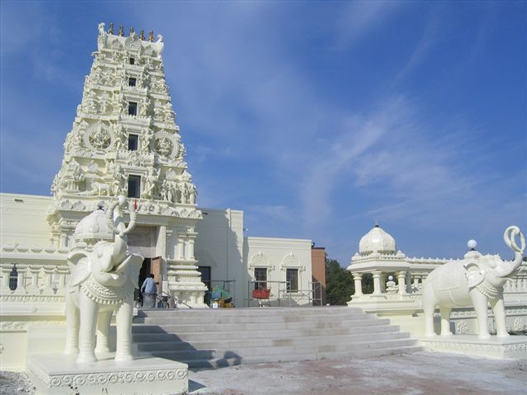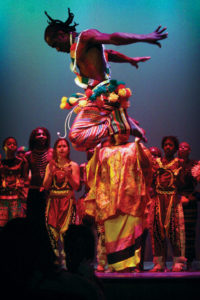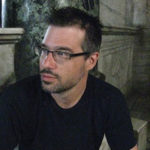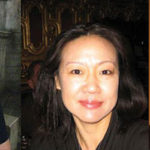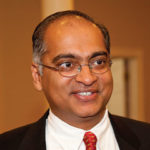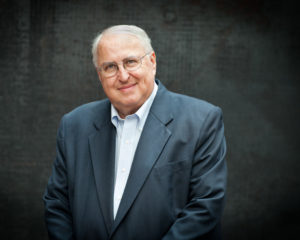The lecture, titled “The Desire to Upload: Digital Immortality and the Transhumanist Push for Radical Life-Extension,” will be given by Seth Villegas on September 29 at 7:00 pm in Sussman Theater (Olmsted Center, Drake University).

Seth Villegas is a PhD candidate at Boston University, specializing in the dialogue between religion and science. His research focuses on a movement called transhumanism, which seeks to radically change the human condition through technology. Seth’s dissertation examines the ethics of transhumanist life-extension projects, such as cryonics and mind uploading. He serves as a consultant for the ethics requirements for Boston University’s new Computing and Data Sciences Unit and as a research fellow for the non-profit organization, Center for Mind and Culture. Seth hosts a podcast on technology and ethics, called DigEthix.
Seth Villegas’ lecture will discuss life-extension as one of the core advocacies of transhumanism. Transhumanist life-extension projects fall into three categories of immortality: biological immortality, cybernetic immortality, and digital immortality. This talk will argue that digital immortality is the real endpoint of transhumanist thinking because it represents the best way for transhumanists to satisfy their values. In addition, it appears to be one of the only ways that present day transhumanists may be able to transform into the immortal posthumans that they believe technology will make possible.
Below you will find both a recording of Seth’s lecture from October and a video Response to Ron Cole Turner’s lecture.
